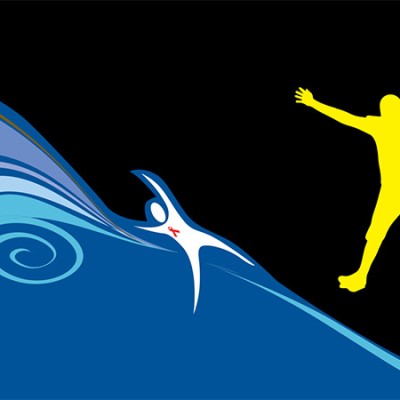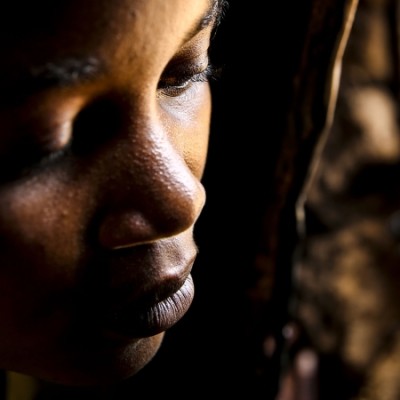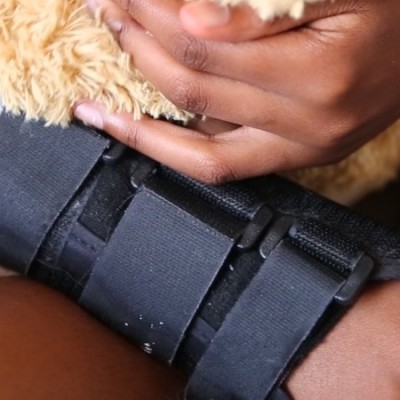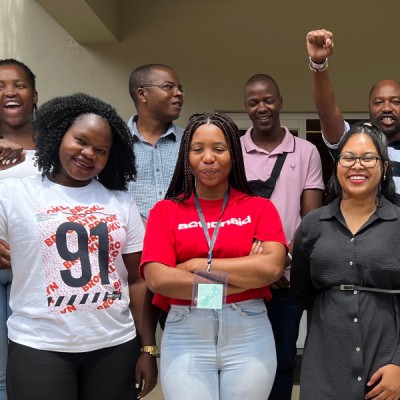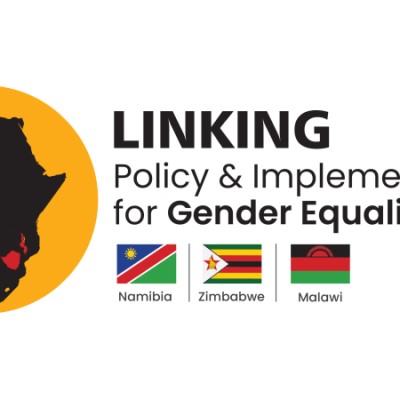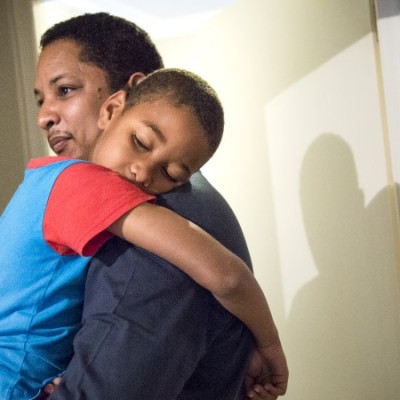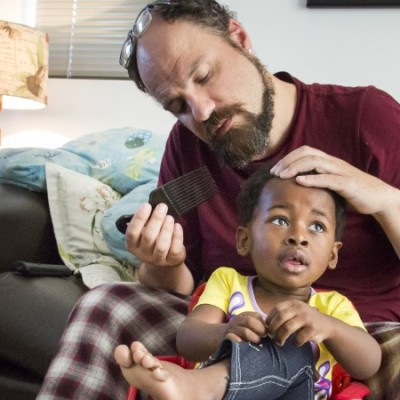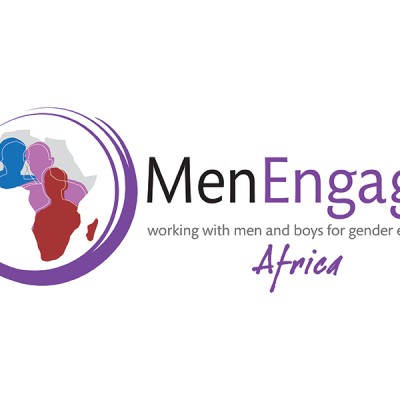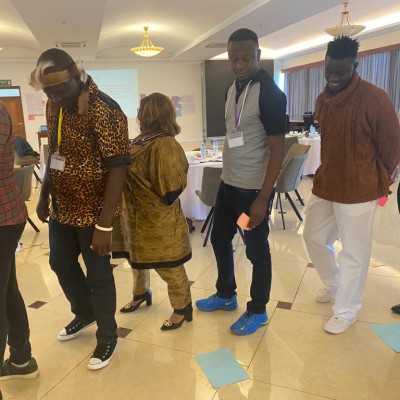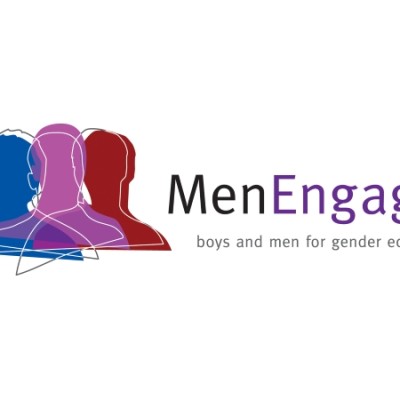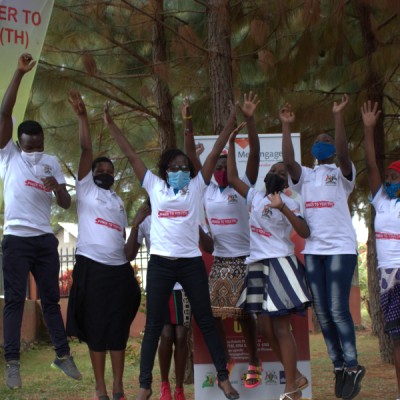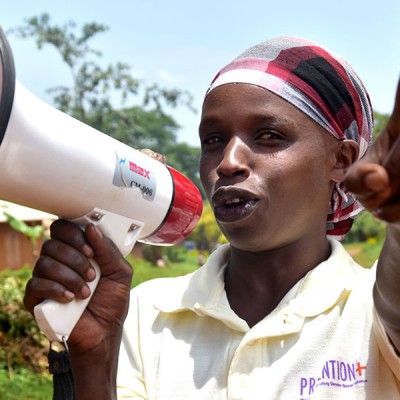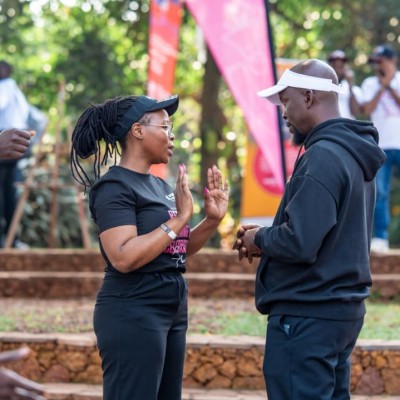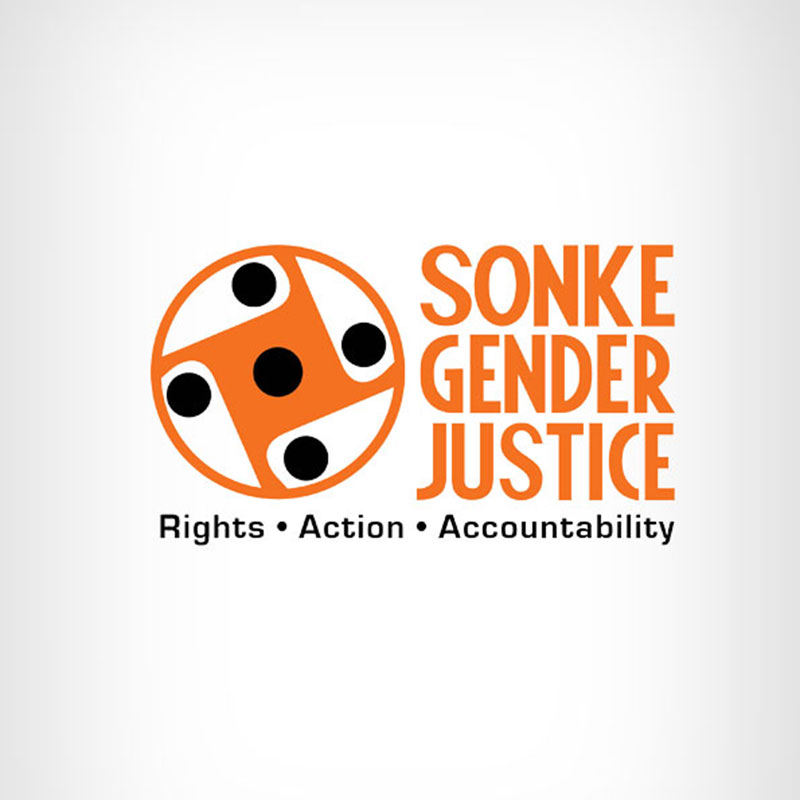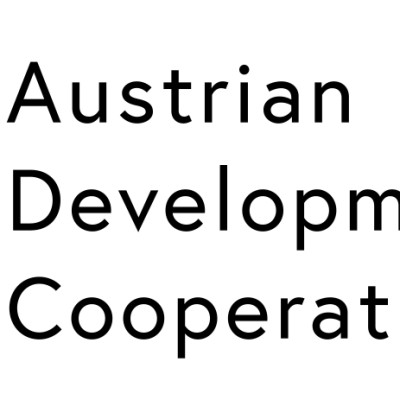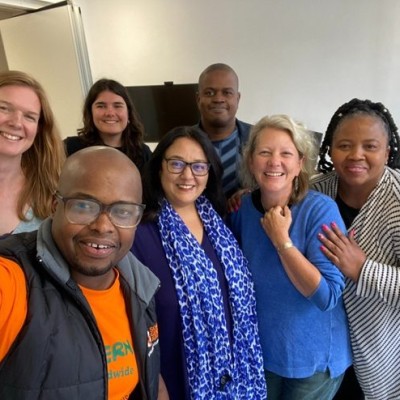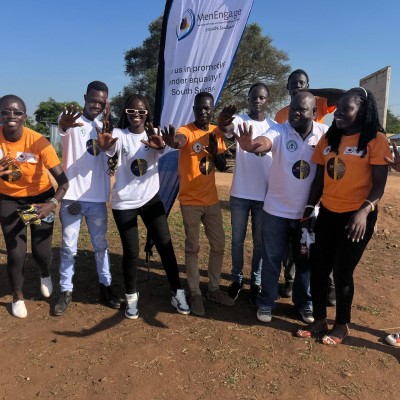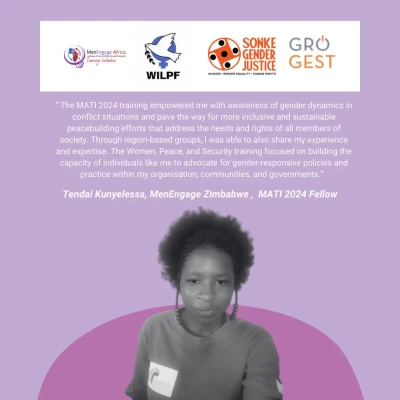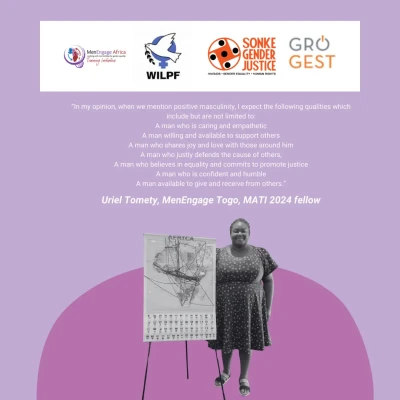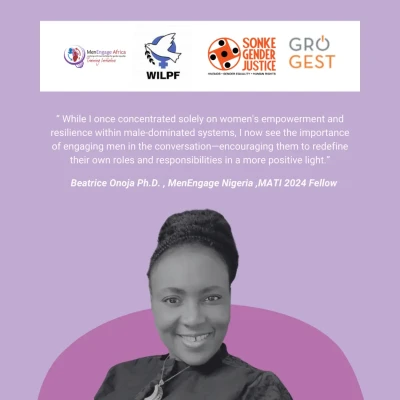The Unit works across Africa, through Sonke’s regional partners in the MenEngage Africa countries and beyond, to share the lessons Sonke has learnt from its work in South Africa. In 2017 the unit formerly known as the International Programmes and Networking Unit (IPN) changed its name to Regional Programmes & Networks Unit (RPN) to reflect the strategic direction of the unit more accurately. The unit coordinates the MEA Secretariat activities which include convening the regional members’ Annual General and Steering Committee Meetings, resource mobilisation on behalf of MEA, and ensuring that the network remains active, visible and relevant to emerging issues in the region and the globe.
As Secretariat, the unit coordinates capacity strengthening across MEA’s thematic areas and implementation strategies, provides technical support to country networks, UN agencies, international and regional non-governmental organisations and individual organisations on programme design and implementation using gender transformative approaches. RPU also coordinates research and knowledge management, develops and shares tools across relevant areas of work, supports peer to peer exchange among dozens of organisations in West, Central, East and Southern Africa on a range of thematic issues and strategic approaches, including on community mobilisation, policy advocacy, organisational development and the use of community and mass media.
Through support provided by the unit, MEA members and Sonke’s regional partners have been able to develop and implement scientific and evidence-based interventions on gender, sexual reproductive health and rights (SRHR), female genital mutilation (FGM) and human rights, among other important work programmes. This has contributed to an increase in the number of community members reached, and the expansion of gender-transformative work across Africa.
RPN also implements a highly sought-after MenEngage Africa Training Initiative (MATI) – a rigorous programme that was created to expand skills and knowledge among women and men advocates, civil society practitioners, policymakers and other stakeholders within Sub-Saharan Africa on engaging men and boys for gender equality, and to build a regional network of future leaders and gender justice advocates. Since 2012, when the inaugural course was held, MATI has contributed to the development of a strong cadre of gender-justice activists in the region and beyond. Notably, the work in the region has led to the successful development of a gender-justice movement.

